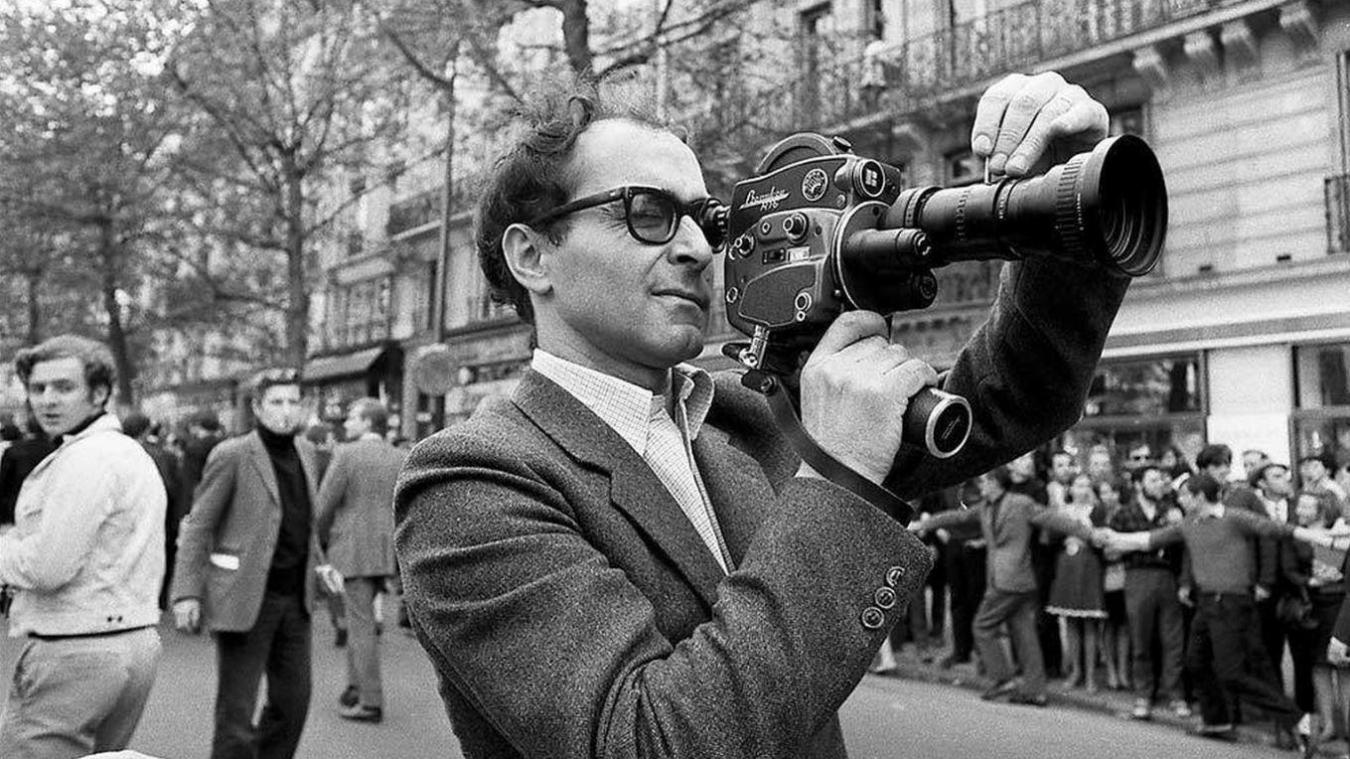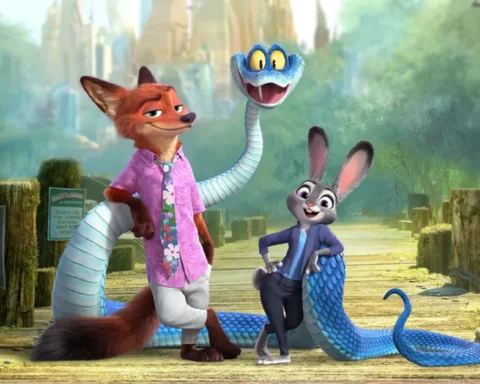Jean-Luc Godard, the legendary French-Swiss filmmaker, has long been hailed as a cinematic genius. But let’s be honest, who needs his movies in 2024? Here are five absolutely convincing reasons to avoid his films at all costs, especially if you enjoy groundbreaking cinema, profound storytelling, and visual artistry.
1. Innovation Overload: Too Much Creativity for the Average Viewer
Jean-Luc Godard’s films brim with relentless innovation, assaulting the viewer with a barrage of avant-garde techniques. His unorthodox narrative structures, anarchic jump cuts, and habit of breaking the fourth wall are an assault on the senses, far too overwhelming for the uninitiated. Why would anyone subject themselves to such relentless creativity, a veritable feast of cinematic daring that shatters the comfortable predictability of mainstream movies? It’s far safer to cocoon oneself in the warm, dull embrace of formulaic plots and conventional storytelling, free from the risk of encountering anything that might challenge or surprise.


2. Boring Themes Like Love, War, and Philosophy
Godard’s films teem with tedious explorations of love, war, existential angst, and the futility of the human condition. Who, in their right mind, would willingly engage with such weighty, pretentious themes? In a world where mindless escapism reigns supreme, who has the time or inclination to ponder the complexities of life, the nuances of human relationships, or the profound absurdity of existence? Far better to sink into the comforting shallows of superficial entertainment, where one can float aimlessly without ever being forced to confront the deeper currents of the human psyche.
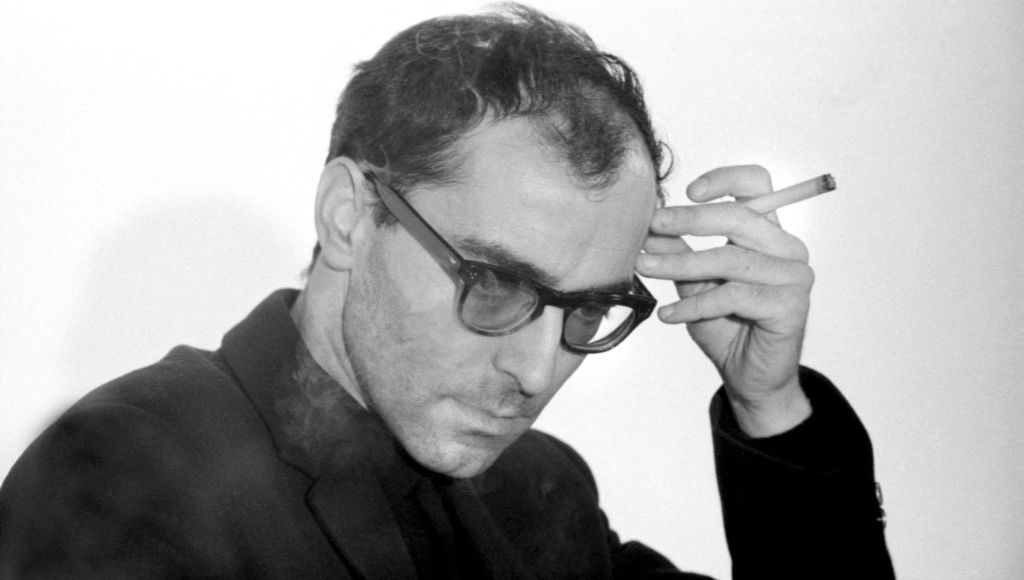
3. Black-and-White Film? Yawn.
Many of Godard’s most iconic works, such as “Breathless” and “Alphaville,” audaciously flaunt their black-and-white cinematography. Who needs the timeless elegance and stark beauty of monochrome when one can be bombarded with the garish, hyper-saturated hues of modern CGI? Appreciating the subtleties of light and shadow, the rich textures and contrasts of black-and-white film, is a laborious task, best avoided. Why endure the visual poetry of monochrome when you can simply bask in the retina-searing spectacle of today’s technicolor extravaganzas?
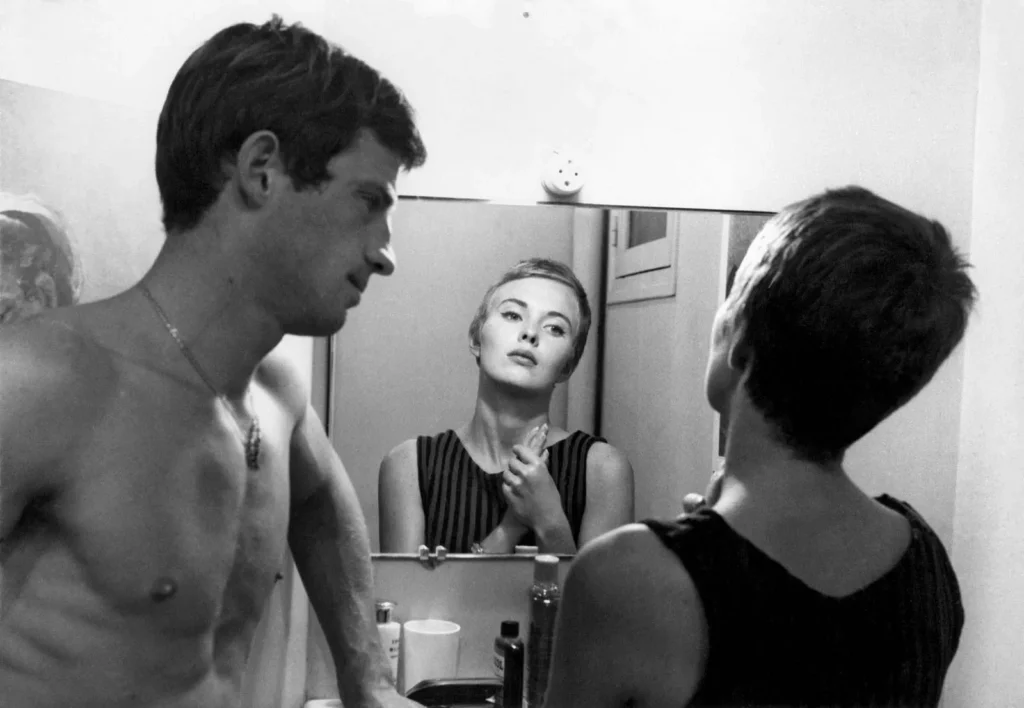
4. Dialogue That Demands Attention and Reflection
The dialogue in Godard’s films is a dense, poetic tapestry, woven with philosophical musings and intellectual provocation. This kind of rich, multilayered writing demands the viewer’s full attention and invites deep reflection. But in 2024, who has the time or mental energy for such cerebral exertion? It’s far more convenient to consume films with straightforward, banal conversations that require no more cognitive effort than that of a child’s bedtime story. Who needs the intellectual stimulation and verbal artistry of Godard’s dialogue when one can simply be spoon-fed insipid drivel?
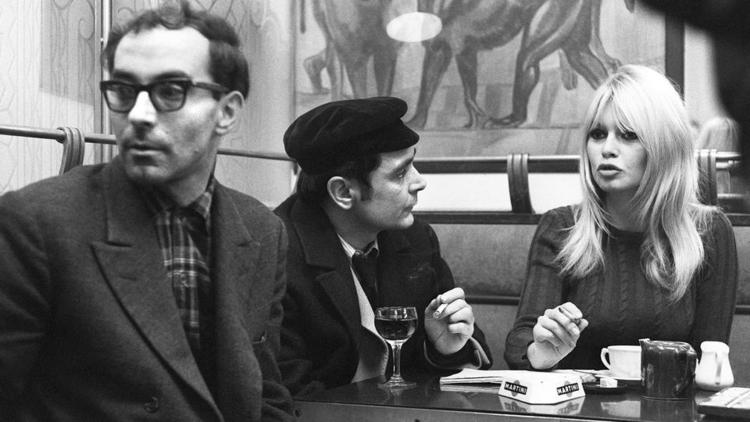
5. Films That Influenced a Generation (and Beyond)
Godard’s influence on the world of cinema is both monumental and undeniable. His revolutionary techniques and audacious storytelling have left an indelible mark, inspiring countless filmmakers across generations. But why bother watching the works of a master who single-handedly reshaped the cinematic landscape? It’s far easier to revel in the derivative mediocrity of contemporary cinema, blissfully ignorant of the towering shoulders upon which it stands. Who needs the satisfaction of tracing the lineage of modern filmmaking back to Godard’s pioneering vision when one can remain comfortably oblivious to the origins of cinematic innovation?
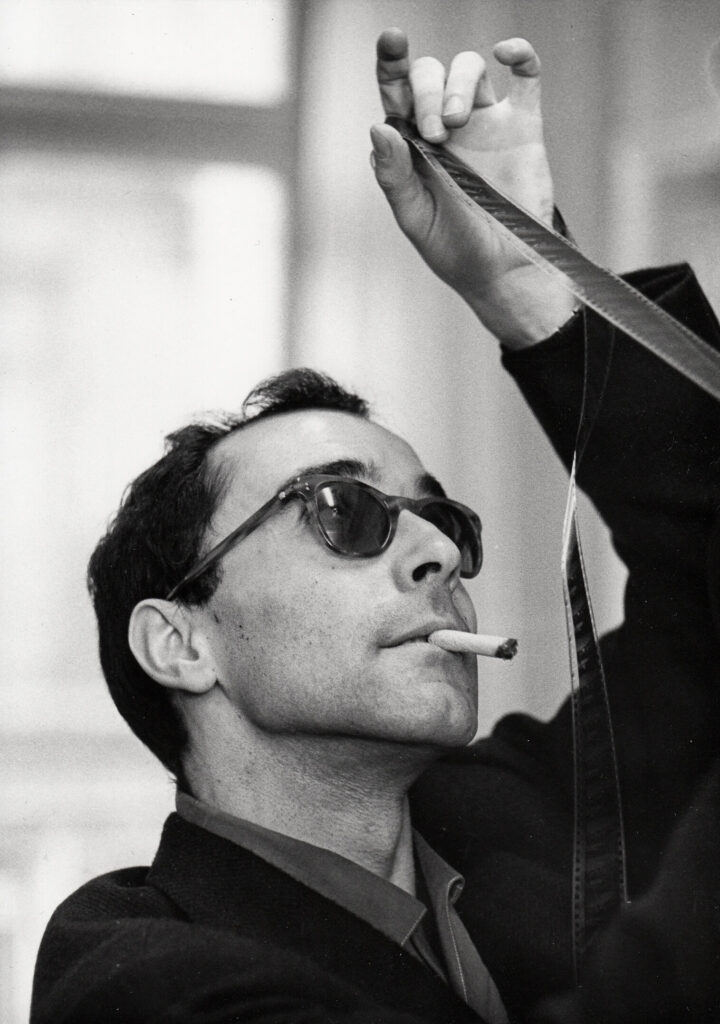
In conclusion, avoiding Jean-Luc Godard’s films in 2024 is clearly the best choice for anyone who prefers to remain untouched by the transformative power of cinema. His movies might be a masterclass in innovation, depth, and artistry, but who wants to be challenged and inspired by a true genius? If you prefer a world without cinematic evolution and intellectual engagement, steer clear of Godard’s films. For everyone else, well, there’s a treasure trove waiting to be rediscovered.
